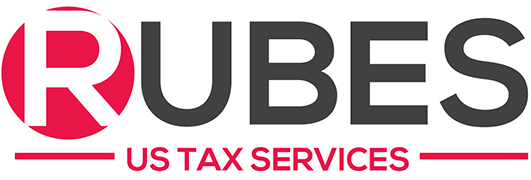What is FATCA?
It is the abbreviation for the “Foreign Accounting and Tax Compliance Act”. This national law was created in 2010. The law requires all US nationals as well as all non-US financial institutions to pass on all accounts to which a US person has authority, to the U.S. Government. These are private accounts, accounts to which a person has signing powers, investment accounts, retirement accounts and any other financial accounts. The background of this law is to detect foreign assets involving illegal savings, money laundering, combating terrorism and financing of terrorism.
In addition, the IRS created a new form, called “Form 8938 – Statement of Specified Foreign Financial Assets”. Starting from fiscal year 2011, every American must add this form to the annual tax return when the thresholds (over $200,000 on 31 December or more than $300,000 as highest balance during the tax year) are met.
Finally, FATCA increased fines and imposed certain negative suspicions on Americans whose accounts are not held at any US financial institution.
These reporting requirements are in addition to the requirement imposed on all US persons to report non-US financial accounts to the US Financial Crimes Enforcement Network (FinCEN). The report is done via Form 114 “Report of Foreign Bank Account(s)” (also known as FBAR).
Following this FATCA Act, the Netherlands signed a tax treaty with the US, so every financial institution (banks, insurance companies, pension funds, investment companies, etc.) in the Netherlands, will pass on account information of US citizens to the Dutch tax authority, who will exchange this information with the IRS.
For the time being, U.S. legislation doesn’t provide any leniency or easing for Americans abroad, so financial accounts are closed and there is an increase in the number of requests to give up American nationality, even though people don’t really want to, and would have preferred to keep their US nationality.




